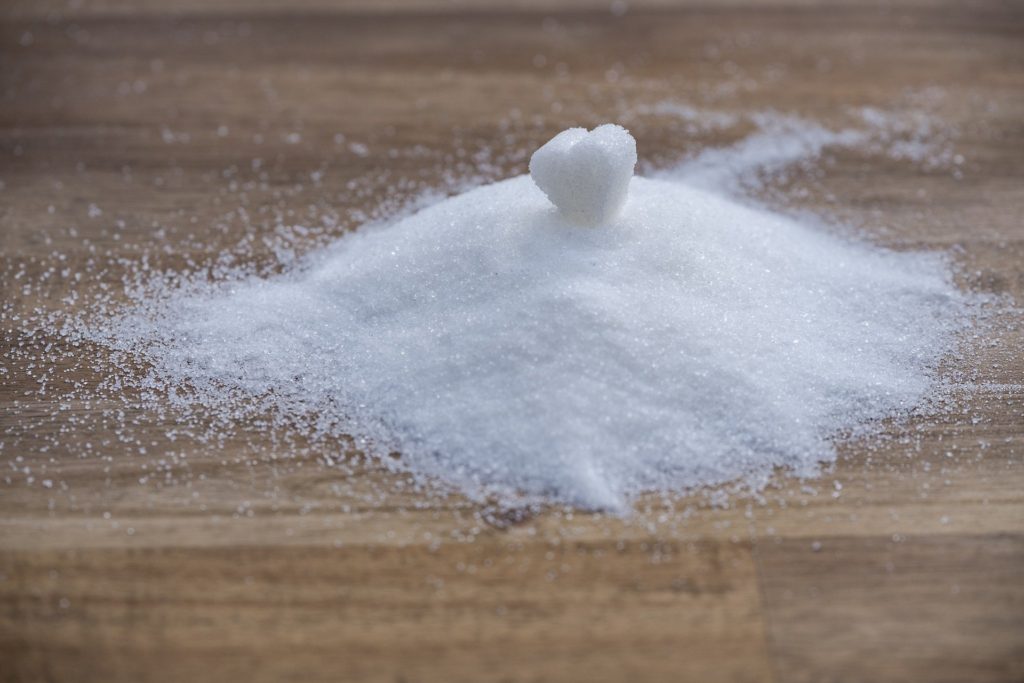A ketogenic diet, depending on who you’re, can either improve or worsen your fitness performance.
Ketosis is a state where your body uses fat as its primary source of energy instead of carbohydrates. Simply put, when you eat a lot of fat, your body converts that fat into ketones which it then uses as energy instead of glucose (carbohydrates.) In essence, when on the keto diet, your body transitions from using glucose as its main fuel source to using fats instead.
But would a ketogenic diet increase or decrease your fitness performance?
In this article, we’ll take a look at how keto affects fitness performance for different types of athletes.
What Is Keto?
A keto diet is when you consume a low amount of carbohydrates and a high amount of fats. This can be done by eating plenty of fatty meats, full-fat dairy products, nuts, fats, and oils.
Basically, on a keto diet, you must consume less than 50 grams of carbohydrates and typically 70% or more of your calories from fat.
Which Athletes Would Benefit From Keto?
Athletes who could see a performance boost when going keto include those who engage in medium to long-duration activities, such as weightlifting, running, HIIT training, or team sports.
This is because, on a keto diet, your body can always use its own fat for fuel instead of glucose, so you’ll always have consistent energy.
Contrast that to eating carbs where your energy spikes, & then goes back down.
That’s why the keto diet is great for people who lift weights, run, do HIIT training, or do team sports.
Which Athletes Wouldn’t Benefit From Keto?
The keto diet may not be suitable for some short-duration athletes, such as sprinters and powerlifters. This is because carbs give you shorter bursts of energy, which would be more advantageous to short-duration athletes.
It also may not be beneficial for professional athletes who require strict adherence to a team-specific diet during their training or competition season.
Does Keto Decrease Your Fitness Performance?
No, keto doesn’t decrease your performance. If you mostly lift weights, run, do HIIT training, or play a team sport, doing a keto diet would actually be advantageous as it gives you more sustained energy.
However, if you’re a competitive sprinter or powerlifter, we recommend eating carbs as your main fuel source.
Conclusion
In conclusion, the keto diet is a low-carb, high-fat eating plan that is suitable for most athletes.
However, shorter-duration athletes like sprinters or powerlifters would benefit from eating a higher-carb diet since carbs give quick bursts of energy.
If you’re an athlete, keto could potentially increase your performance and help you reach your fitness goals.
However, make sure to adjust to keto after a couple of weeks before concluding that keto didn’t work for you.
It takes the mitochondria around 6 weeks to go through their life cycle, so you must wait until your old, carb-dependent mitochondria die & the new, fat-adapted mitochondria become born.
Athletes who engage in medium to long-duration activities, like weightlifting, running, HIIT training, or team sports, could see a performance boost when going keto. However, the keto diet may not be suitable for some short-duration athletes, such as sprinters and powerlifters.
If you’re experiencing the keto flu or any other negative side effects on keto, here’s an article where I discuss all the side effects you might experience on keto, in addition to all of their solutions.
- How to Make a Layer Cake at Home - June 1, 2023
- Can You Still Lose Weight If You Aren’t in Ketosis? - February 8, 2023
- Can the Keto Diet Help With Depression? - February 8, 2023




